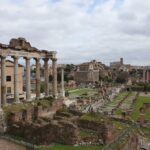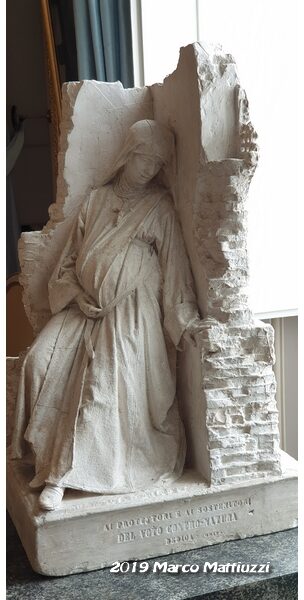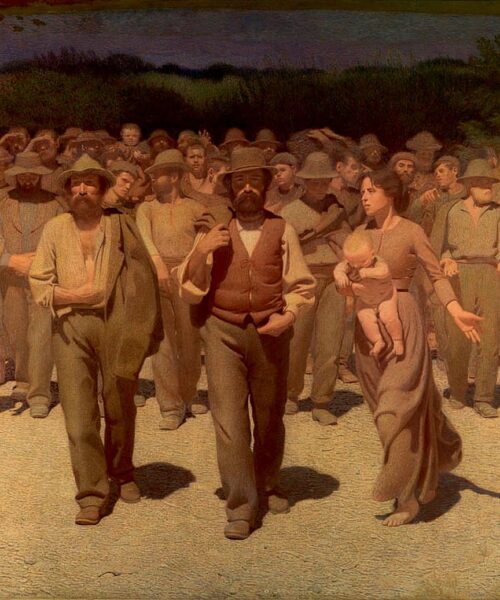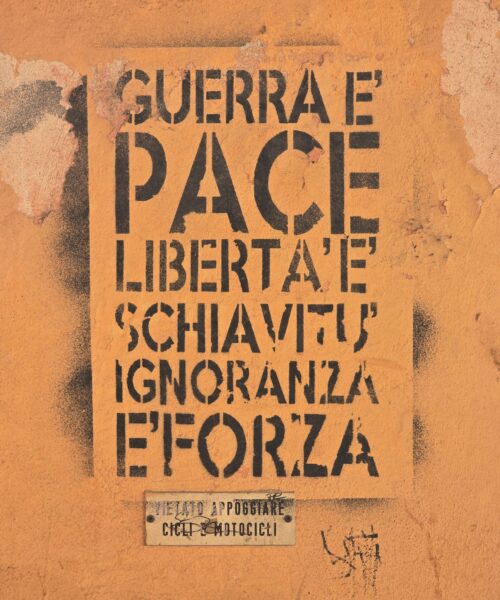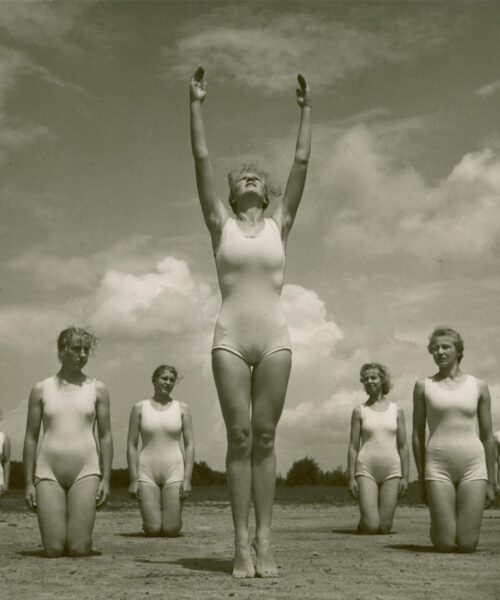The “politically correct” approach has sparked heated debates in recent years. Some view it as a form of neo-bigotry, arguing that it stifles freedom of speech and promotes monolithic thinking.
Let’s explore, then, the origins and facets of this issue. The term “politically correct” was born with a positive connotation: to avoid speech and behaviors that could hurt minorities and the disadvantaged. The intent was to protect vulnerable communities from prejudices and discriminations.
Over time, however, political correctness has taken on more problematic connotations. Many believe that, under its banner, the subjectivity of “offense” has grown and that some opinions have been marginalized or censored, often for reasons that seem insignificant.
The crux of the issue may lie, perhaps, in the evolution of the concept of “offensiveness.” Words that were once neutral can now be perceived as inappropriate by some. This transformation has triggered concerns about the limitation of freedom of speech.
Political correctness, at times, is also used as a tool of ideological battle, creating an environment where people fear to express themselves freely. Historical revisionism, under the guise of political correctness, is another common critique. While the critical re-reading of ancient texts can be seen as an act of respect towards neglected communities, there is a growing concern about the “erasure” of history.
Despite the criticisms, there is a valid defense for some forms of revisionism: words and contexts change, and what was acceptable once may not be so today. Revisiting texts can also represent an attempt to include voices previously marginalized in the historical narrative.
The heart of the matter is complex. While freedom of speech is vital on one hand, it is essential to ensure respect and inclusion on the other. The challenge is to find a balance.
The ideal approach to political correctness might include open and respectful communication, recognizing the evolution of language. When it comes to reinterpreting historical texts, we should be careful not to “erase” history, but rather to interpret it through a critical and inclusive lens.
In short, navigating the sea of political correctness requires sensitivity, openness, and mutual respect. Acknowledging our past, with all its imperfections, is essential for building a more inclusive and aware future.
The "Erasure" of History: Reflections, Risks, and Reactions
In recent years, the concept of “erasing” history has become a hotly debated topic in various spheres, from academia to social media. The term “erasure” is used to describe the removal or revision of historical events, characters, or ideas deemed unacceptable or offensive in light of contemporary values.
Origins and Motivations: The desire to “erase” aspects of history can arise from various motivations. Sometimes it emerges from a will to protect vulnerable or discriminated groups from negative portrayals. In other cases, it may be driven by a desire to create a more cohesive and positive national or cultural narrative.
Risks of Erasure:
Loss of Historical Understanding: Deleting or altering parts of history can lead to a loss of understanding of crucial past events, decisions, and motivations. This can deprive future generations of valuable lessons. Ideological Manipulation: History can be used as a tool for power. “Erasing” or altering history to fit a specific narrative or ideology can lead to a distorted perception of reality. Social Polarization: The decision on what should be “erased” is often subjective. This can lead to divisions and conflicts between groups that have different views on what is acceptable or not.
Reactions and Countermeasures:
Critical Rewriting: Rather than “erasing,” some advocate for the importance of rewriting or reinterpreting history. This allows for the integration of previously marginalized voices and provides a more complete and nuanced view of the past. In-depth Historical Education: Educating people about the complexities of history, rather than presenting a sanitized version, can help develop critical thinking and greater empathy towards the challenges of the past. Monuments and Memory: The debate over the removal of monuments and statues is emblematic in this context. Some suggest accompanying such monuments with informational plaques that contextualize the figure or event, rather than removing them entirely.
Conclusion:
The “erasure” of history is complex terrain fraught with ethical challenges. While the protection and respect of vulnerable communities are vital, it is equally crucial to preserve the integrity of history for future generations. Striking a balance between these two imperatives requires dialogue, understanding, and collective commitment.



